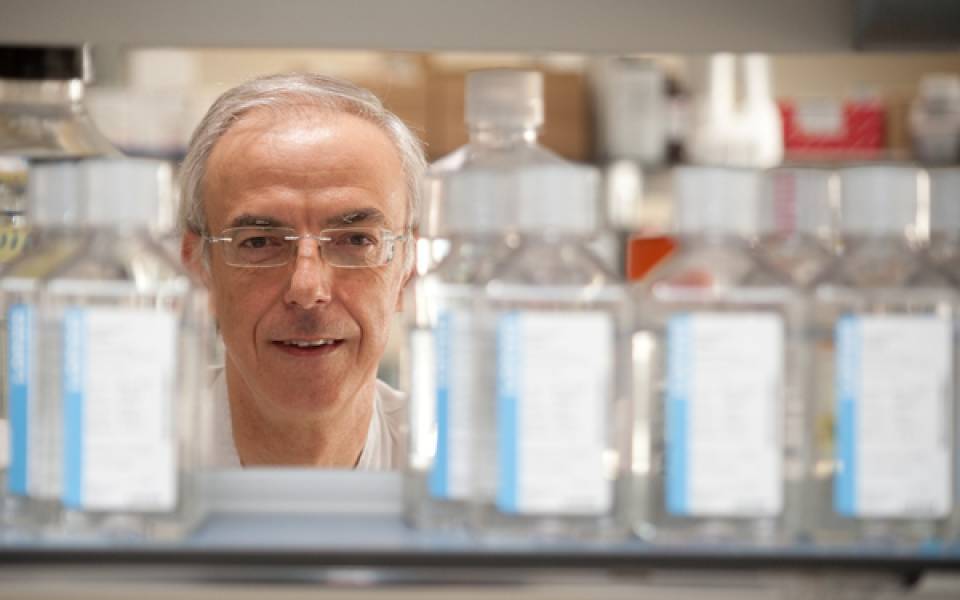Crohn's is a disease affects two in every 1,000 people. One of the most impairing and debilitating complications of this disease that affects the quality of life of patients is the occurrence of fistulas in the rectum and perianal abscesses. They appear sometime in the course of the disease in 40% of patients. Existing drugs are effective in treating this complication in 50% of cases. For the other 50% the only option was surgery which can end, for some patients, in the definitive resection of the rectum.
In the article published in The Lancet a treatment with mesenchymal stem cells, produced by the company TiGenix and obtained from adipose tissue (fat), has been tested. The treatment consists in a single local application in which these cells are injected directly into the path of fistulas. 212 patients have participated in this multicenter phase III study, half of whom were given the new treatment and the other half placebo. Results show that with a single injection there is a significant improvement over the closure of fistulas and a higher percentage of patients cured this complication. "About 60% of patients respond to treatment, and 50% achieved complete healing", explains Dr. Julia Panés, coordinator of the study.
"This is the first Phase III study testing a cell therapy for fistulas in Crohn’s with very positive results", says Dr. Panés. He adds that "the study has two important implications: first, patients who do not respond to conventional or biological therapies now can cure fistulas and avoid surgery; second, it is a safe alternative for the group of patients with Crohn's disease in which fistulas are the only or main manifestation of the disease. In these patients, treatment with a single local injection would avoid the use of drugs that suppress the immune system in a general and unspecific way and increase the risk of infection".
Dr. Damián García Olmo, coordinator of the surgical arm of the study, explains that this new therapy, pioneer worldwide, "opens a new stage for these patients, undergoing a single injection of stem cells from fat will significantly improve fistula, a complication for which so far the only remedy was surgery".
Dr. García Olmo also points out that the great advantage of this procedure is that, "unlike classical approaches, does not alter the sphincter mechanism, and does not produce fecal incontinence, which is in turn a great improvement in the quality of life of patients". "The results of this study represent a breakthourh for a medical problem that had no solution and which prevalence is increasing in our country", he adds.
The study has involved an international multidisciplinary team with more than 80 gastroenterologists and gastrointestinal surgeons in 49 hospitals from seven European countries (14 of them in Spain) and Israel.
Article reference:
Prof Julián Panés, Damián García-Olmo, Prof Gert Van Assche, Prof Jean Frederic Colombel, Prof Walter Reinisch, Prof Daniel C Baumgart, Prof Axel Dignass, Maria Nachury, Prof Marc Ferrante, Prof Lili Kazemi-Shirazi, Prof Jean C Grimaud, Prof Fernando de la Portilla, Prof Eran Goldin, Marie Paule Richard, Anne Leselbaum, Prof Silvio Danese, for the ADMIRE CD Study Group Collaborators
Lancet. 2016 Jul 28. pii: S0140-6736(16)31203-X. doi: 10.1016/S0140-6736(16)31203-X.

